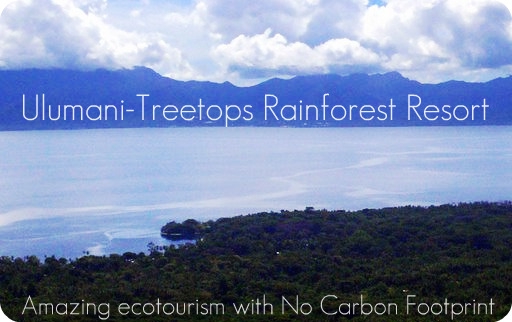
 |
| Bookings |
|
Milne
Bay - Papua New Guinea
|
|
Paradise
like no other is on your doorstep
|
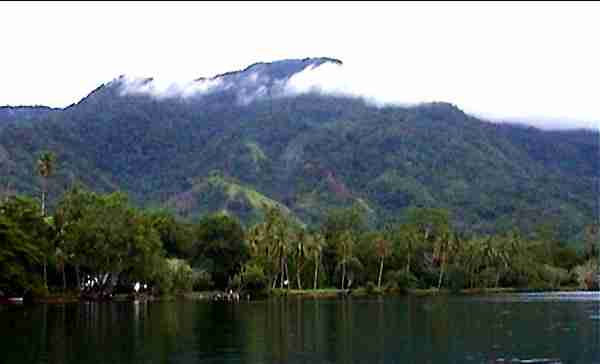 |
|
During the early 19th Century the people from Wagawaga were enemies with the Maiwara people who lived on the North side of Milne Bay. The rivalry started when two young men from Wagawaga attended a traditional kundu dance at Gabugabuna near Maiwara village. At the dance, rivalry over a female caused a rift between the two clans. Due to what happened at the dance the men of Maiwara and Wagawaga built war canoes in preparation for war between the two villages. The men from Wagawaga constructed war houses where they lived in isolation from the women as they prepared themselves for battle. The rivalry between the two villages continued until the arrival of the missionary Charles William Abel in the late nineteenth century. With the introduction of Christianity came a lasting peace between the people of Wagawaga and Maiwara. The eight bedroom lodge is constructed as a replica of a men's traditional war house with its characteristic high leaf roof raised at either end of the building.
|
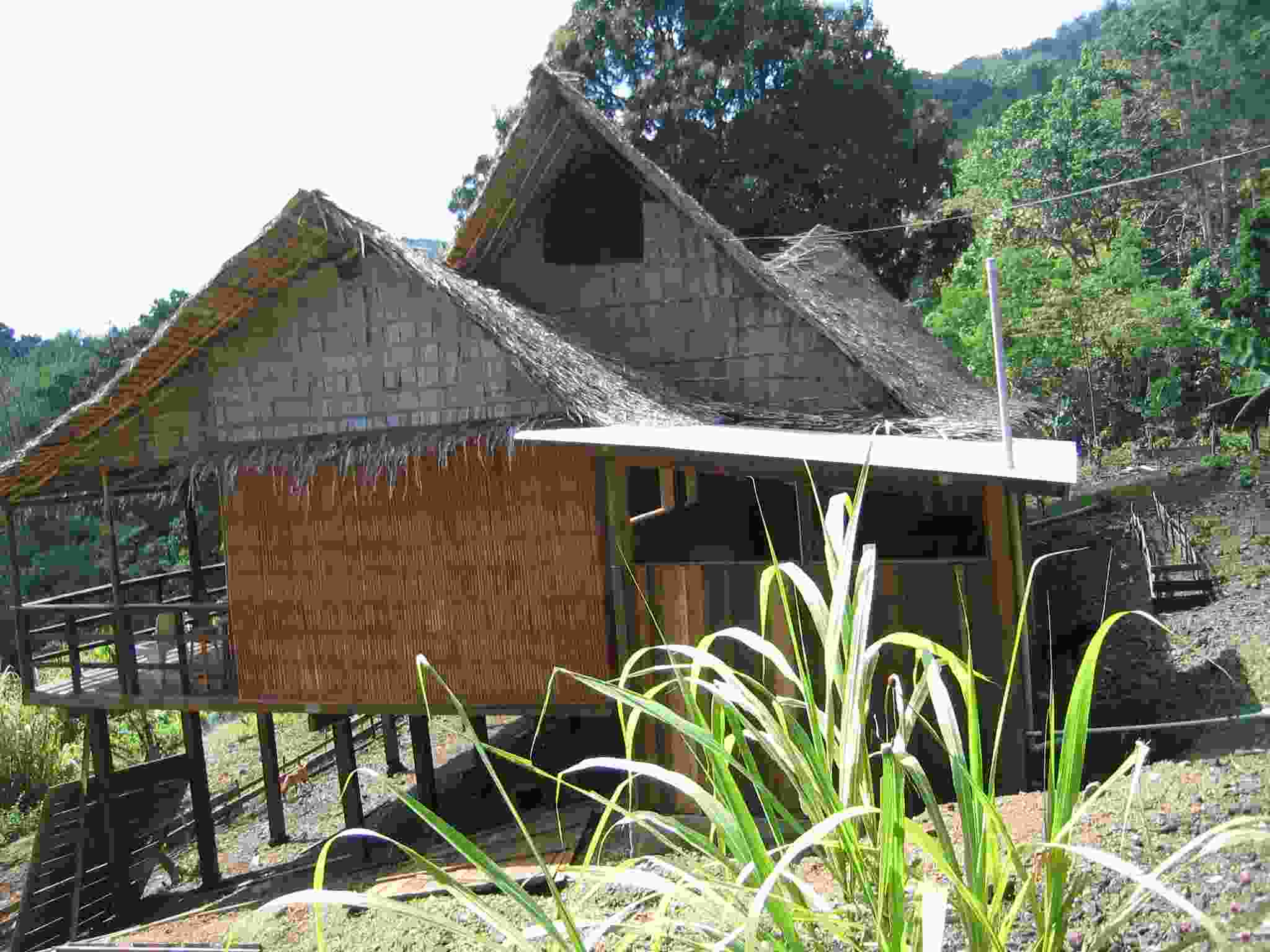 |
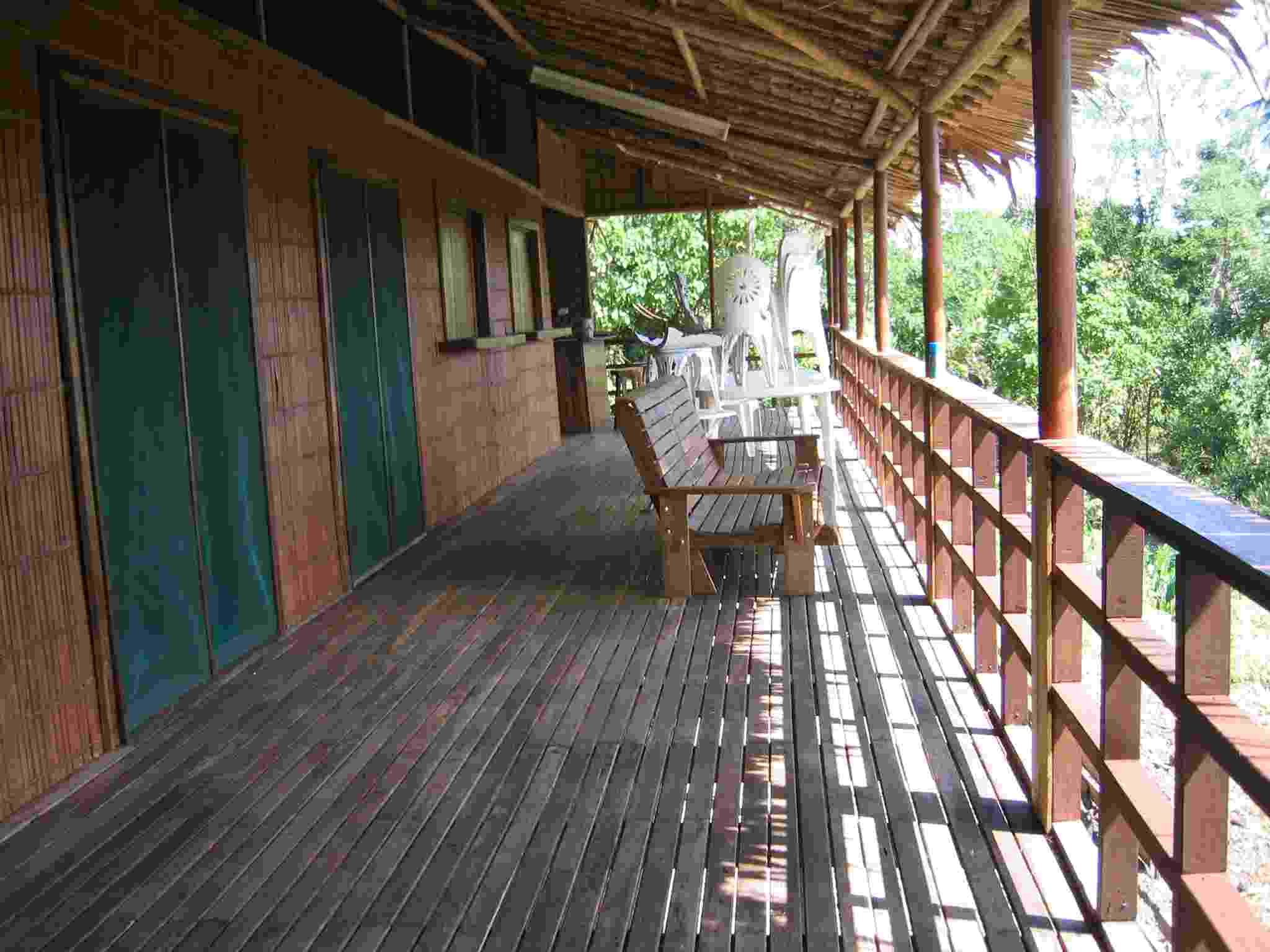 |
|
Today the people of the two villages remember their
traditional rivalry by taking part in a canoe festival held every year
in November in which people from all over Milne Bay take part.
|
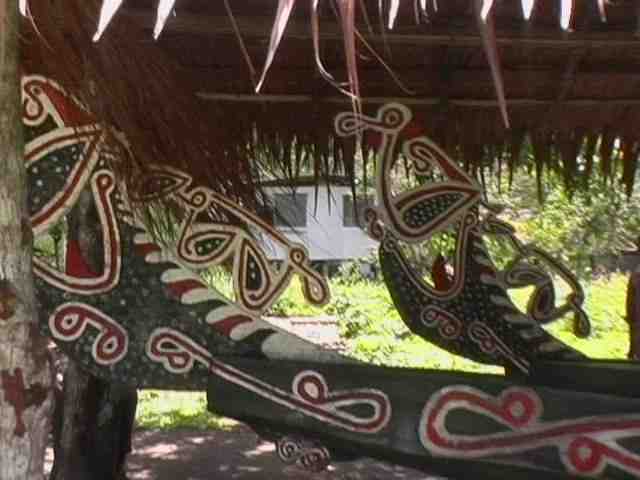 |
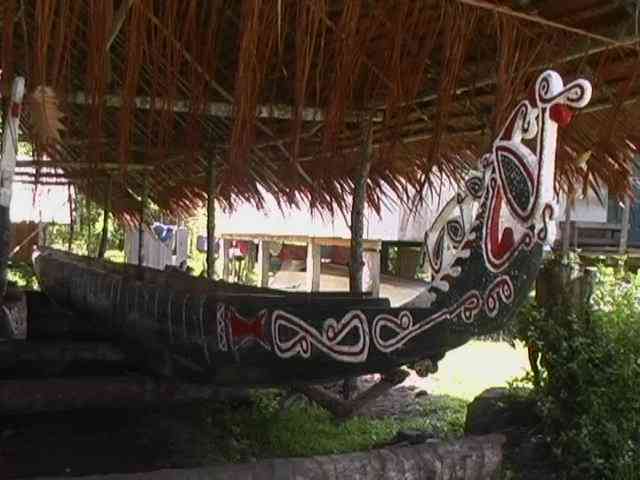 |
|
There are three types of canoes raced during the festival; outrigger canoes called "Kewo kewowo," sailing canoes called "Kuka," and war canoes called "Gebo". The most attractive canoes are the war canoes. The crews are dressed like the warriors of the past. The women and children and the remaining men take part in traditional dances such as the "Kwatu" war dance, "Saugei," canoe dance and "Talubiga" or traditional dances. The two war canoes built by the men of Wagawaga for the canoe festival are on display in Wagawaga village. The largest which carries thirty six warriors is called "Fatubu" which means to begin while the smaller canoe which carries a crew of twenty seven warriors is called "Kaipate" or to try. During your stay at Ulumani Treetops you will see Fatubu and Kaipate, a living reminder of a colourful and turbulent past. |
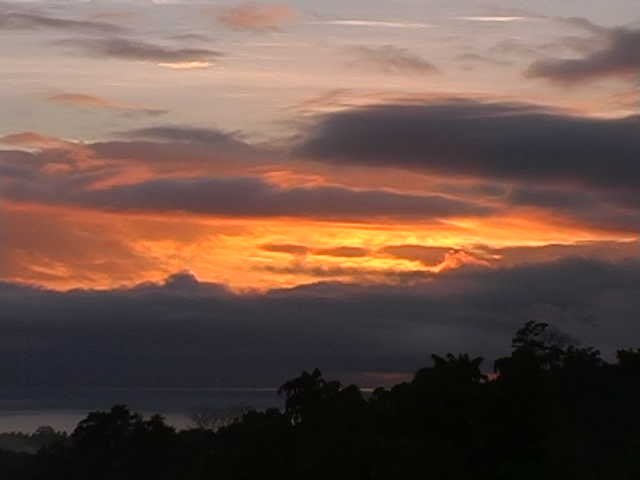 |
|
What does it cost? The local currency
in Papua New Guinea is the Kina (K). At current exchange rates K3 are
equivalent to $1 US.
|
|
Daily exchange rates can be found
on Bank of South Pacific website www.bsp.com.pg on exchange page
|
|
Daily flights from Brisbane with
Qantas & Air Niugini
|
|
Brisbane - Port Moresbay 1300
miles - 3 hours
flight
|
|
Daily flights from Cairns with
Qantas & Air Niugini
|
|
Cairns
- Port Moresby 524 miles - 1 hour 25 minutes flight
|
|
Daily flights
from Port Moresbay with Qantas & Air Niugini
|
|
Port
Moresby - Alotau 223 miles - 1 hour flight
|
|
Your host and guide, Warren Dipole,
Kuwelo Bonaruwa and Owen Podi
|
|
Phone and Fax: + 675 641 0916
|
|
Mobile + 675 6593 202 Digicel
Mobile +675 7189 8150
|
|
email info@pngbackpacker.com
|